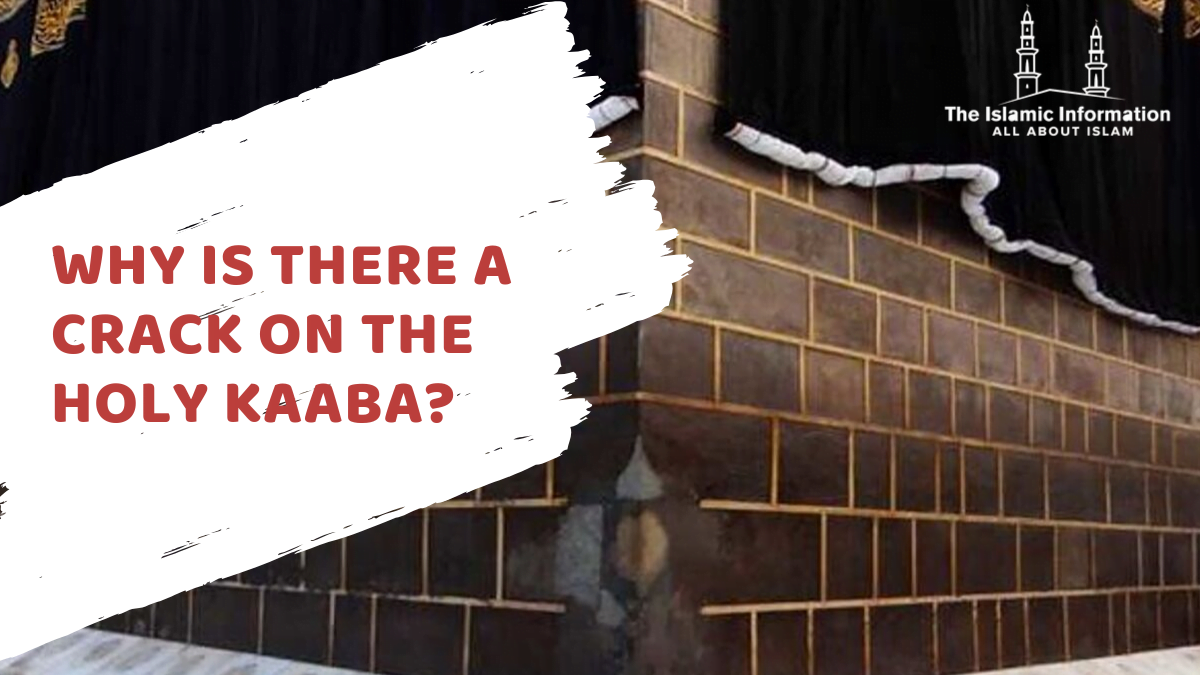As we enter Juz 20 of the Holy Quran, we proceed the holy E book’s dialog on the veils we (people) create inside ourselves to distance ourselves from Allah’s infinite mercy and stop ourselves from having His love shine on us.
Listed here are our foremost reflections for right this moment.
Creations of Allah as proof of His existence
We see this theme the place Allah (SWT) notes that contemplation of the Divine creation is the easiest way to nearness to their Creator. From the rain that falls from the skies to the backyard that very water helps to develop, every is below the statement and command of Allah (SWT).
In essentially the most lovely and poetic of verses, Allah (SWT) discusses the metaphysical state an individual should reside in as they settle for the reality. When an individual is blinded by vanity, anger, or stubbornness, it’s as in case you are asking the useless or the deaf to listen to you calling them. Subhanallah.
Verily you can’t make the useless to hear nor are you able to make the deaf to listen to the decision once they flip away backward. Nor are you able to lead the blind towards their straying; you may make none hear save those that imagine in Our revelations and who’ve surrendered.
— Quran (27:80-81)
And whereas this verse discusses the ignorance that the disbeliever experiences, we are able to use these verses for our personal lives. Are we actually open and prepared to simply accept the mercy and reality that Allah (SWT) showers us with every day? Will we actually replicate and soak within the phrase of God and his Messenger? How typically are we divided by sect, differing Hadith and leaders to the purpose that it strips us of the trail we are supposed to lead?
And when the phrase (of torment) is fulfilled towards them We will convey forth for them a shifting creature from the earth that shall communicate unto them, as a result of individuals didn’t imagine in Our revelations [verses of the Quran and Prophet Muhammad SAW]
— Quran (27:82)
Allah is by your facet so long as you keep in mind Him
The following chapter inside Juz 20, Surah Al-Qasas, is personally one in every of my favourite supplications. This chapter particularly discusses the story of Prophet Musa (as) from the time of his start to maturity as he garnered the title of prophethood. Particularly, the next verse spoke to me as Prophet Musa (as) lay below a tree completely defeated and exhausted.
So he watered ˹their herd˺ for them, then withdrew to the shade and prayed, “My Lord! I’m actually in ˹determined˺ want of no matter provision You could have in retailer for me.”
— Quran (28:24)
The deserves of this dua can confer with getting a job, wealth, marriage, meals, drink or absolutely anything good. This verse is is so poignant due to simply how fantastically it’s posed in the direction of his creator. There aren’t any strings connected nor a command on the place his Lord ought to lead him. In full submission and desperation, Musa (as) despatched supplication figuring out that provision solely comes from Allah (SWT).
We see a stark distinction in each character and theme as we progress to Qarun, the cousin of Musa (as). Regardless of being given treasures and pleasure by Allah (SWT), Qarun used these very riches to disobey his Lord. Regardless of being given numerous proofs by his cousin, his vanity brought on him to not see the blessings he was immersed with. In tales like this, we study a precious lesson about how Allah (SWT) can take a look at us by additionally granting us the entire riches and abundance we ask for. But when we achieve vanity and veils over us, how would we acknowledge the take a look at we’re being tried with?
Probably the most harmful kind of individuals
Surah Ankabut begins with an necessary warning a couple of harmful kind of individuals: the liars. These persons are typically referred to as Muslims for his or her social and wealth standing. Their affiliation with Islam brings them acceptance into the group and entry to wealth and energy that might not be doable in any other case — however their hearts are devoid of religion or love for Allah (SWT).
Do individuals think about that they are going to be left off on saying: ‘We imagine’ and they won’t be tried
— Quran (29:2)
Whereas students predict who these verses had been revealed for, we are able to use the teachings of heedless and sometimes senseless actions we do in pursuit of religion that derive no which means to us. Will we carry out sure wajibaat or Islamic practices merely out of obligation or disgrace from society, or can we acknowledge the Islamic worth behind it?
These are our foremost reflections from Juz 20. What are yours? Tell us!







